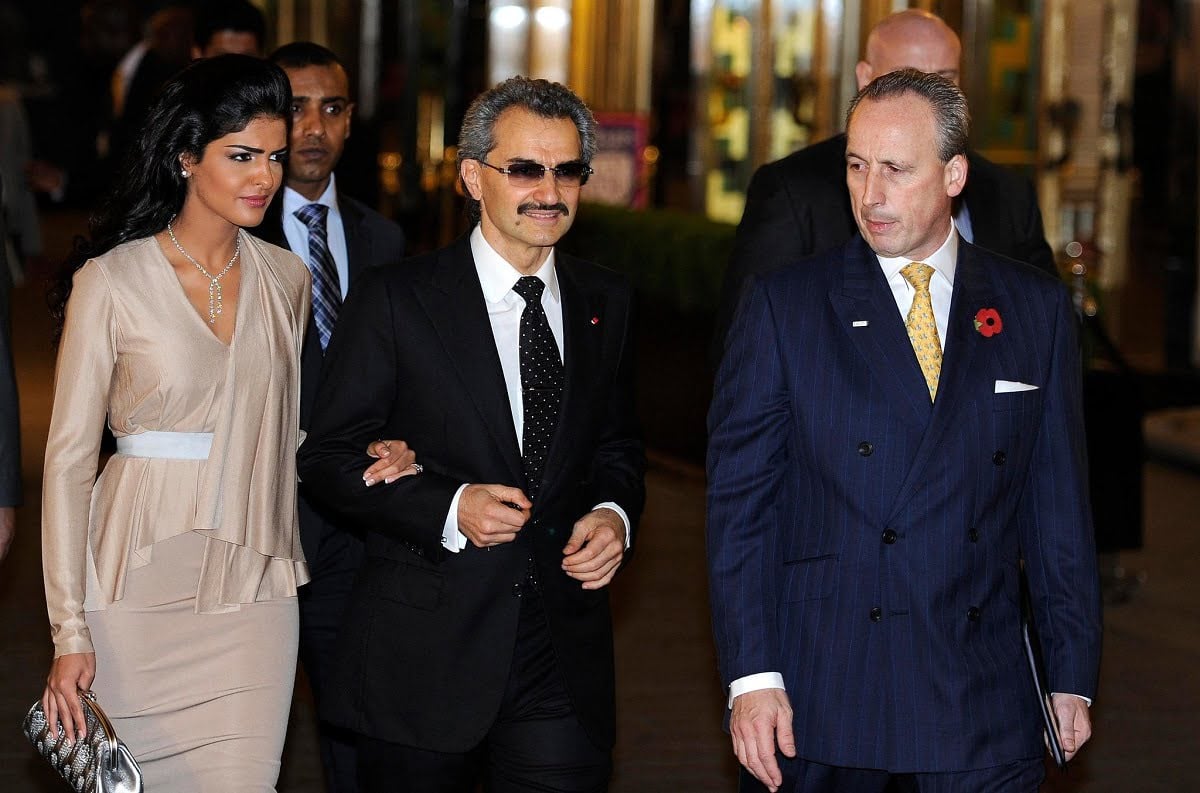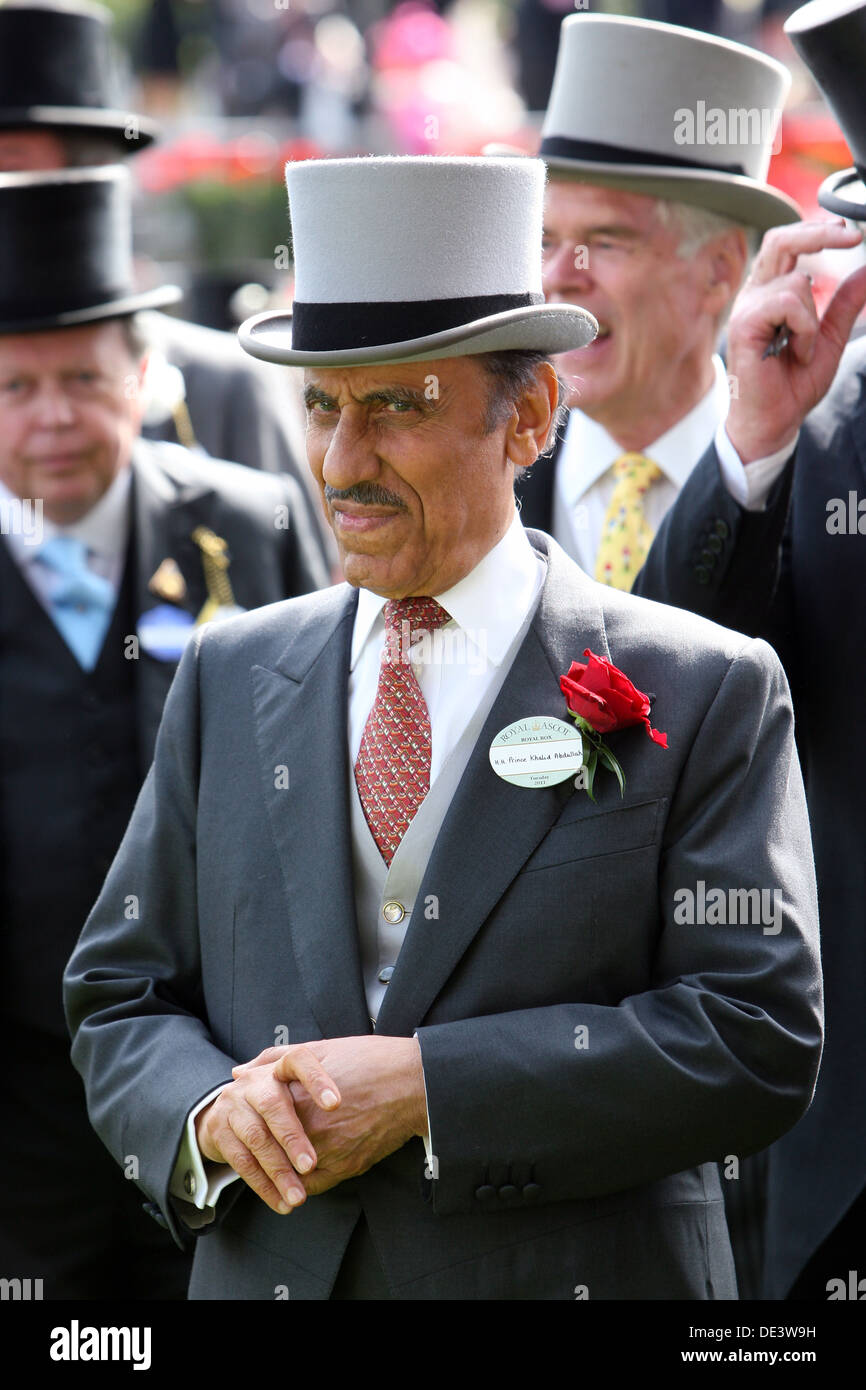Table Of Content
- Apar Industries Greenlights Middle East Expansion with Saudi Arabia Subsidiary
- Mohammed bin Nayef al Saud
- Struggle with Faisal
- Fahd bin Abdulaziz al Saud
- For Israelis Fleeing Hamas on October 7, Highways Turned Into Death Traps
- Blinken to travel to Saudi Arabia amid renewed push for a hostage deal
- Political views

Abdulaziz spent the next three decades trying to re-establish his family's rule over central Arabia, starting with his native Najd. His chief rivals were the Al Rashid clan in Ha'il, the Sharifs of Mecca in the Hijaz, and the Ottoman Turks in al Hasa. Abdulaziz also had to contend, however, with the descendants of his late uncle Saud ibn Faisal (later known as the "Saud Al Kabir" branch of the family), pretenders to the throne. Though for a time acknowledging the sovereignty of the Ottoman Sultans and even taking the title of pasha, Abdulaziz allied himself to the British, in opposition to the Ottoman-backed Al Rashidis. From 1915 to 1927, Abdulaziz's dominions were a protectorate of the British Empire, pursuant to the 1915 Treaty of Darin.

Apar Industries Greenlights Middle East Expansion with Saudi Arabia Subsidiary
Fahd was the eldest of the so-called “Sudairi seven,” a powerful group of seven princes born to Ibn Saud’s favorite wife, Hassa bint Ahmad al-Sudairi. A leading member of the government and royal family from the 1960s onwards, Fahd modernized the kingdom’s infrastructure with grand projects, but allowed Islamic conservatives greater sway over education and society. King Fahd never fully recovered from a stroke in 1995, and gave his half-brother Abdullah de facto control of the kingdom more than a decade before his death in 2005. Upon his father's death in 1953, Saud ascended the throne and reorganized the government. He founded the convention that the king of Saudi Arabia presides over the Council of Ministers. Saud sought to maintain friendly relations with the United States, whilst also supporting other Arab countries in their conflicts against Israel.

Mohammed bin Nayef al Saud
Faisal was assassinated in 1975 by a nephew, Faisal ibn Musaid, who was promptly executed. The next prince in line had actually been Prince Muhammad, but he had relinquished his claim to the throne in favor of Khalid, his only full brother. Its past installments have found attendees stealthing their way through a Victorian home and embarking on a Blade Runner-esque bounty hunt.
Opinion Reshuffling the House of Saud - The Washington Post - The Washington Post
Opinion Reshuffling the House of Saud - The Washington Post.
Posted: Tue, 03 Feb 2015 08:00:00 GMT [source]
Struggle with Faisal
Instead, Faisal chose friendliness with the Western powers due to their opposition to communism, since communism was fundamentally opposed to Islam. However, he chose to support the interests of his country and Arabia over any Western anti-communist policies. Famously, Faisal helped to create the OPEC during the 1960s, a cartel to fix and regulate the oil market.
“We didn’t have time to read the Islamic books … We didn’t have time to do anything but work to improve ourselves.” He was a specialist in Power’s media department, and could now produce videos of passable quality. My hyperactive interpreter, who had been gesticulating and yapping throughout the tour, was no ordinary jihadist. He was an American-born Saudi member of al-Qaeda named Yaser Esam Hamdi. Hamdi, now 41, emerged from a pile of rubble in northern Afghanistan in December 2001. His dear friend, pulled from the same rubble, was John Walker Lindh, the so-called American Taliban.
Abdullah pushed a program of cautious domestic reforms aimed at reconciling the kingdom’s conservative social identity with the needs of a modern economy. He responded to the 2011 Arab Spring by banning protests and supporting dictatorial allies in neighboring countries. King Saud and Prince Faisal continued their power struggle until 1962 when Prince Faisal formed a cabinet in the absence of the King, who had gone abroad for medical treatment. He promised a ten-point reform that included the drafting of the basic law, the abolition of slavery, and the establishment of a judicial council. King Saud had used this economic weapon for the first time although he was aware of the possible repercussions of such a procedure on the national economy.
Although WWI raged, the Saudis did not act, preparing for the perfect time to launch an attack. Saud contributed to minor battles which allowed him to remove himself from significant involvement in the conflict. He offered total assistance to the Egyptian government, personally supervising operations and welcoming Egyptian combat planes into his country for their protection. Among the first to enlist were Fahd bin Abdulaziz, Sultan bin Abdulaziz, Salman bin Abdulaziz and King Saud's son Fahd bin Saud, along with many other princes. As a means of exerting pressure on the British and French governments, he used a weapon never used before, when he blocked oil exports, banning all British and French tankers and other tankers carrying Saudi oil to these two countries.
It was followed that same month and in the same place by a meeting with President Gamal Abdel Nasser and the Syrian President Shukri al-Quwatli during which he confirmed his total support for the Egyptian stand in this crisis. When Britain, France, and Israel invaded Egypt on 29 October 1956 as a result of the nationalization of the canal, King Saud declared a general mobilization and ordered the opening of enlistment offices. Prince Saud was born on 15 January 1902 in Kuwait City.[1][2][3] The second son of Abdulaziz bin Abdul Rahman,[4] he was born in the home of his grandfather Abdul Rahman bin Faisal.
He also reduced the allowance of 7000 Saudi princes and princesses. However, Abdullah would still indulge in the lavish lifestyle fit for a king while limiting his family from doing the same. This made him a very controversial and divided figure as he attempted to make a balance act of two separate worlds, causing a divisive image of Abdullah to emerge. Following Saudi Arabia’s participation in the Gulf War came a period of political divide, with calls for modernization and a heavy Islamic opposition to more Western values developing in the country.
In 2017, Muhammad bin Nayef was replaced by Mohammed bin Salman, King Salman's son, as the crown prince after an approval by the Allegiance Council with 31 out of 34 votes. The king-appointed cabinet includes more members of the royal family. Even MBS’s critics concede that he has roused the country from an economic and social slumber. In 2016, he unveiled a plan, known as Vision 2030, to convert Saudi Arabia from—allow me to be blunt—one of the world’s weirdest countries into a place that could plausibly be called normal. It is now open to visitors and investment, and lets its citizens partake in ordinary acts of recreation and even certain vices. The crown prince has legalized cinemas and concerts, and invited notably raw hip-hop artists to perform.
Saud’s foreign relationship with the U.S. was heavily influenced by the state of the Arab World. Saud met with Eisenhower in 1957 to discuss issues regarding Israel and the spread of socialism in the Middle East. The U.S. wished to gain Saudi support during the Cold War while Saud wished to remain nonaligned and address regional issues. He wished to bring Saudi Arabia into the future and modernize the country while continuing religious tradition.
After the war, he named himself Caliph, the King of the Arab countries. In December of 1924, Ibn Saud defeated Ali in the Battle of Mecca and took the holy cities, establishing Saudi Arabia’ Wahhabist rulers as the protectors of the birthplace of Islam. In 1927, he incorporated them into his territory and changed his title to the King of Hejaz and Nejd. Saud’s territory ceased being a British Protectorate following the Treaty of Jeddah, which established Saud sovereignty over the Kingdom of Hejaz and Nejd and prevented Saud from attacking other British protectorates. Although Saud gained his independence, he remained allies with Great Britain.
The U.S. might, on the margins, be able to persuade MBS to use a softer touch—but only by first persuading him that he will be rewarded for his good behavior. And no persuasion will be possible at all without acknowledging that the game of thrones has concluded and he has won. Enghien’s schemes wouldn’t have stopped Napoleon, and Khashoggi’s columns wouldn’t have stopped MBS. But his murder was a warning about the personality of the man who will be running Saudi Arabia for the next half century, and it is reasonable to worry about that man even when most of what he does is good and long overdue. “Here, smell this,” a former member of al-Qaeda commanded me, sticking under my nose a paper strip blotted with a chemical I could not identify. Another prisoner, at the Power-run prison canteen, offered me free frozen yogurt.
Faisal secured the throne in 1964, after a protracted power struggle with his half brother King Saud, and turned the desert kingdom into a functioning modern state. He oversaw the rise of Saudi Arabia as a world energy powerhouse during the Arab oil embargo of the early 1970s. Abdullah became king in 2005 after spending a decade as an effective ruler of the country during the illness of King Fahd.
When the Saudis sense that the new U.S. president, George W. Bush, might abandon the peace process, they decide to take a more active role. As his father had decreed, King Faisal is succeeded by his half-brother Prince Khalid, who becomes the fourth king of Saudi Arabia. In 1948, King Abd al-Aziz sends Saudi forces to join an unsuccessful effort to destroy the nascent Jewish state. Saudi Arabia has since never officially recognized Israel, and is technically still at war with it.


No comments:
Post a Comment